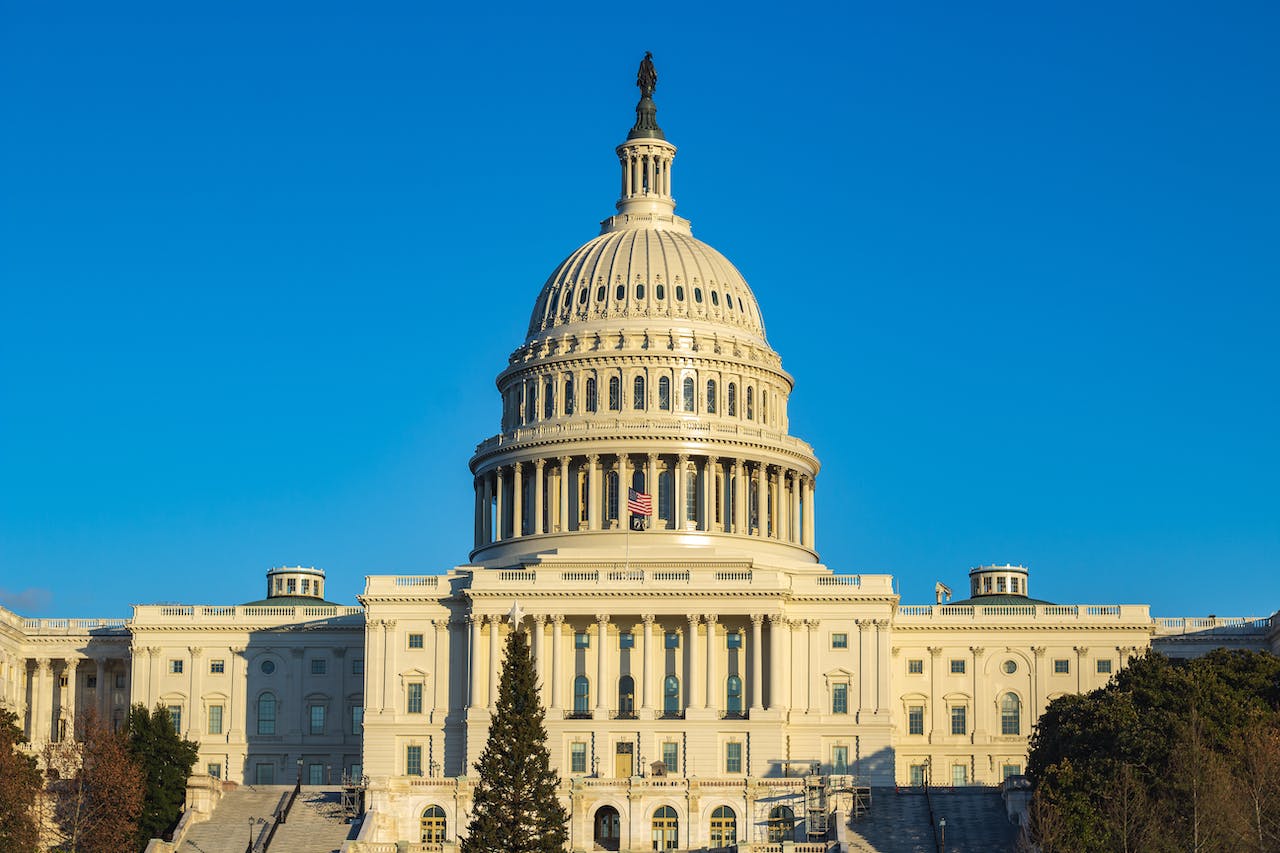In a decisive move to sidestep a looming government shutdown, the United States Senate voted 87-11 late Wednesday night in favor of a temporary funding measure. This bipartisan effort effectively postpones a contentious battle over federal spending until the new year, marking a crucial step in averting potential economic fallout.
The temporary funding measure, having already received approval in the House, is now headed to President Joe Biden’s desk. Anticipated to be signed before the looming shutdown deadline late Friday night, this measure provides a momentary respite from the bitter ideological struggles over spending that have plagued the nation this year.
Senate Majority Leader Chuck Schumer, during a press conference late Wednesday, expressed relief, saying, “The government is staying open.” He urged the newly appointed House Speaker, Mike Johnson, to continue on a bipartisan path. Schumer lauded Minority Leader Mitch McConnell and fellow Republicans for their role in avoiding a shutdown, while also hinting at the Senate’s commitment to addressing emergency aid for Ukraine and Israel promptly.
Mike Johnson, who proposed the interim funding package, is facing criticism from some hardline conservatives just three weeks into his role as House Speaker. This dissatisfaction stems from the perceived failure to meet demands for immediate deep spending cuts or changes to immigration policies. Notably, ninety-three House Republicans voted against their leader on the measure.
Tempers flared in the Capitol during the progression of the stopgap bill, with a hardline conservative alleging bullying after an encounter with former House Speaker Kevin McCarthy in a crowded hallway on Tuesday. The stakes of the turmoil were underlined by Moody’s Investors Service, which downgraded the nation’s sovereign credit rating outlook to negative from stable, citing increasing risks to fiscal strength and political polarization in Congress.
The short-term funding bill, approved by the Senate, allows both parties to regroup over the Thanksgiving holiday. It funds some government sectors through January 19 and others through February 2. Johnson emphasized that this is the last time he would support a short-term funding measure.
The risk of a partial government shutdown in January is heightened, as the agencies affected in the initial funding lapse wouldn’t face politically sensitive consequences until February. Meanwhile, divisions among Republicans have impeded efforts to pass the 12 full-year spending measures that traditionally fund the government, leading to House Republicans’ failure to agree on the annual measure for federal law enforcement agencies on Wednesday.
The White House has requested over $61 billion in additional assistance for Ukraine, forming part of a nearly $106 billion overall package, which includes funding for Israel, operations on the US-Mexico border, and aid for Taiwan. Notably, hardliners oppose fresh aid to Ukraine, but Johnson, who initially opposed Ukraine war aid in May 2022, now sees it as a priority.
Tensions persist as many Republican senators, including Johnson, insist on tying Ukraine aid to Republican demands on border security. Negotiating such immigration changes, like making it harder for migrants to seek asylum in the US, poses a challenge, though bipartisan talks are underway in the Senate.
Schumer assured on Wednesday that Democrats would negotiate on the border in good faith in the coming weeks but stressed that a compromise would require both parties to make concessions. In contrast, Senate Republican leader Mitch McConnell expressed skepticism about Democrats’ willingness to make policy changes needed to address the flow of migrants into the country. The road ahead remains uncertain as both parties navigate the complex landscape of funding, aid, and immigration policies.
The temporary funding measure, having gained resounding support in the Senate, stands as a crucial buffer, providing lawmakers with a brief reprieve to navigate the intricate web of fiscal negotiations and avert the looming specter of a government shutdown.
Source: Bloomberg



